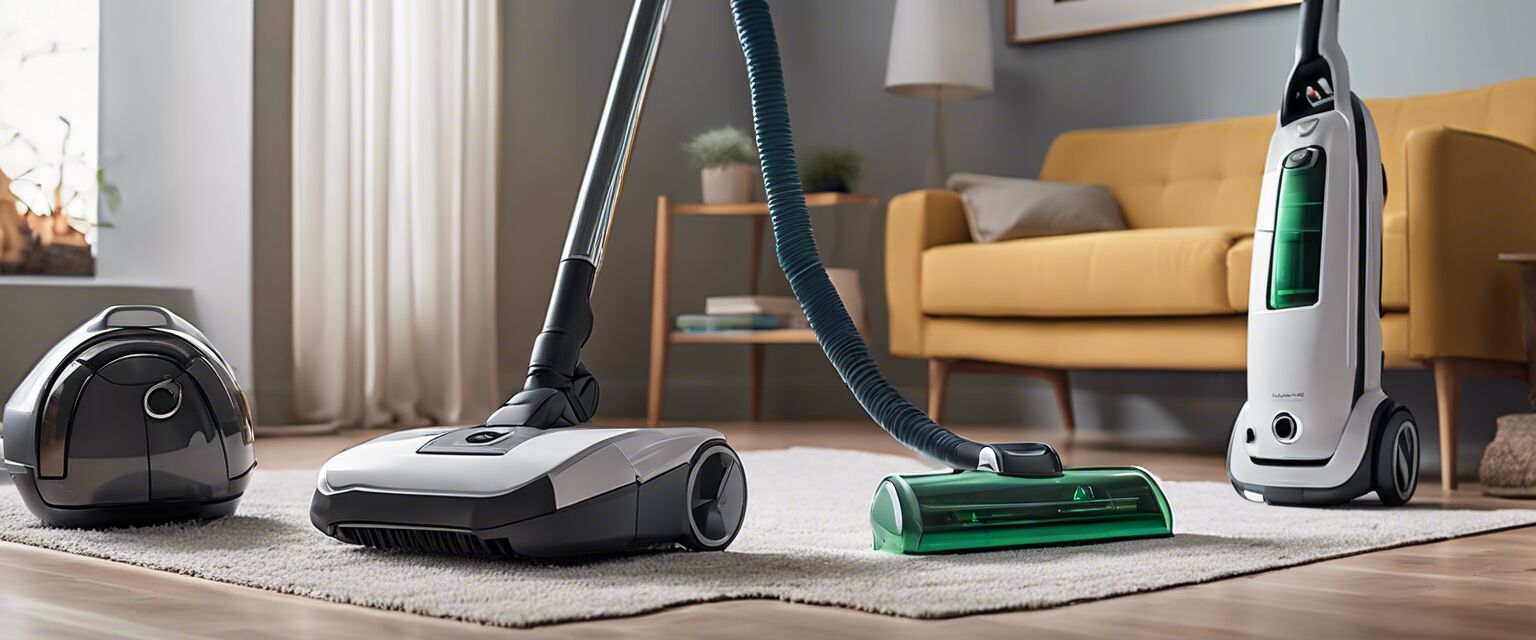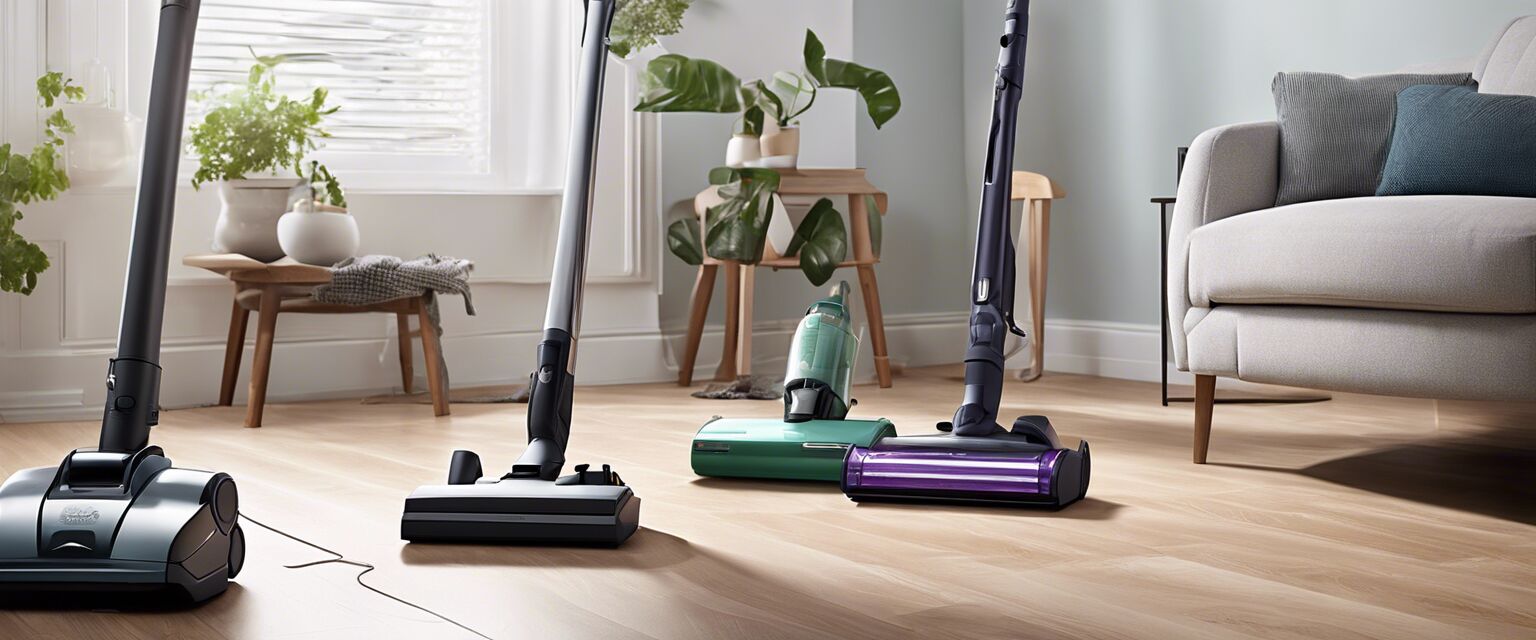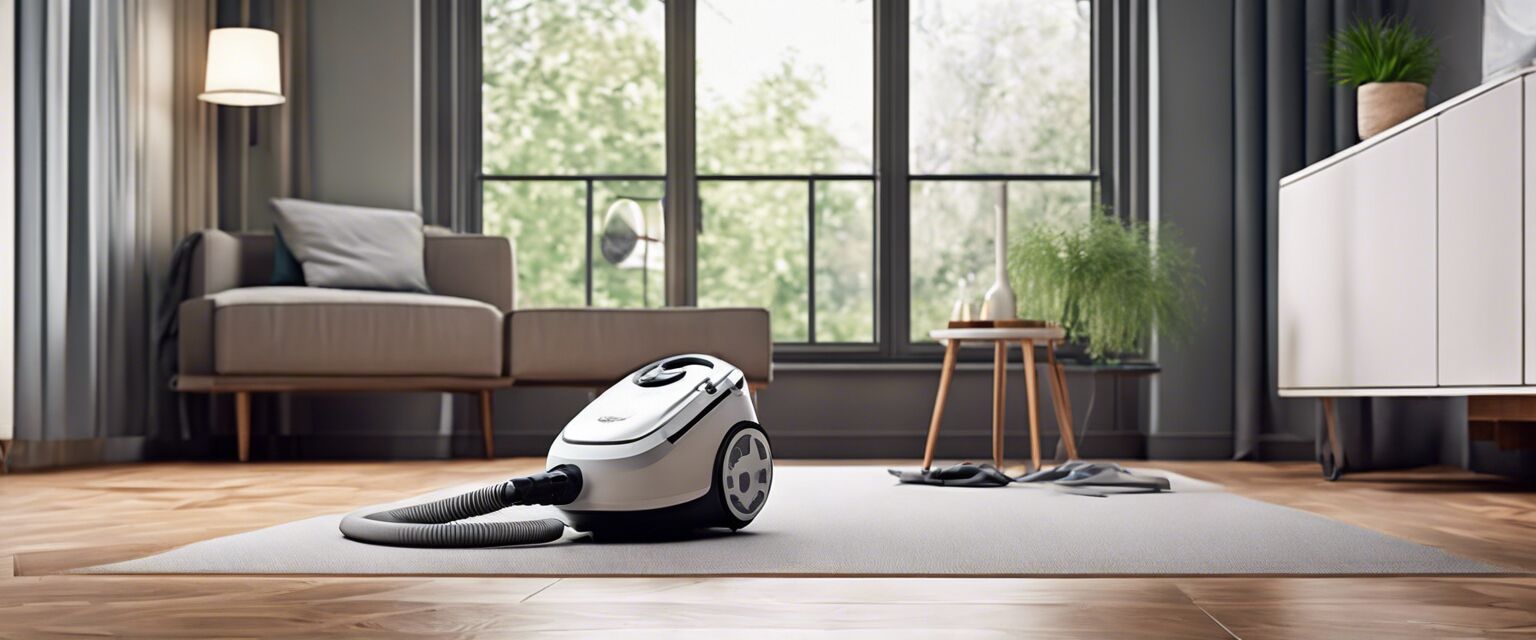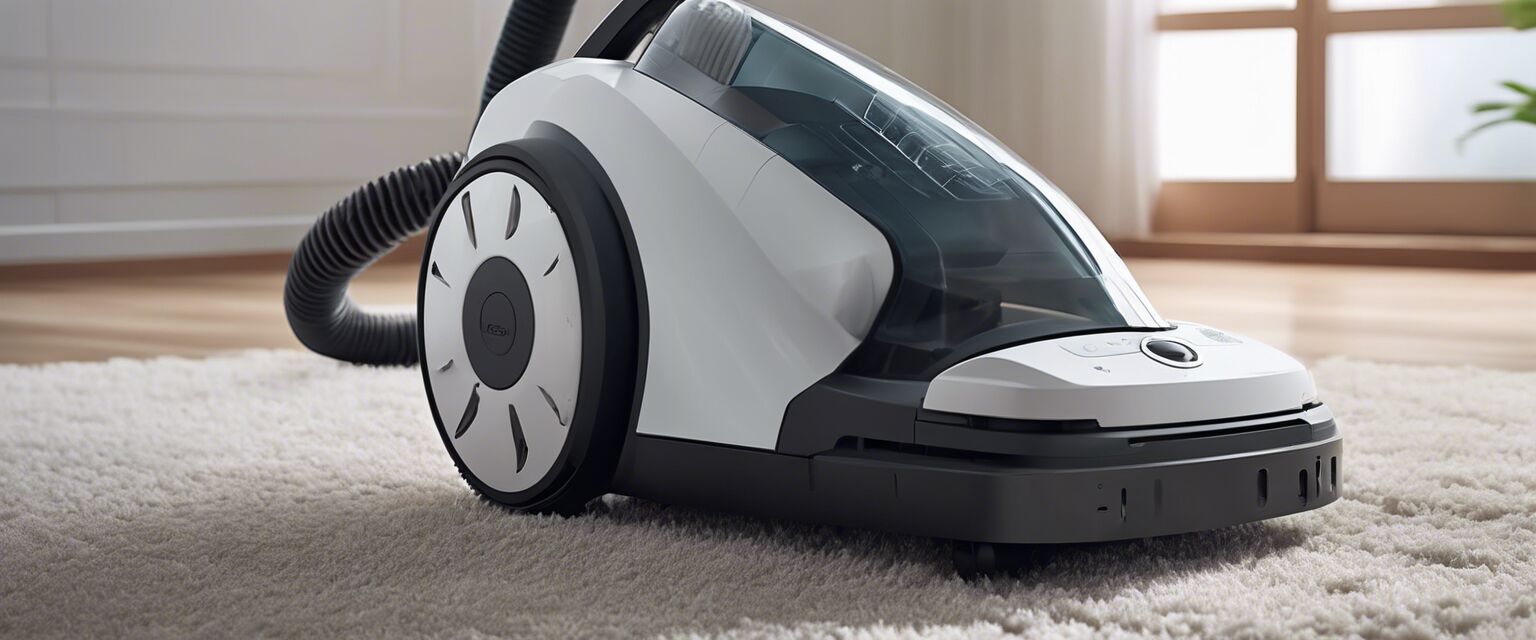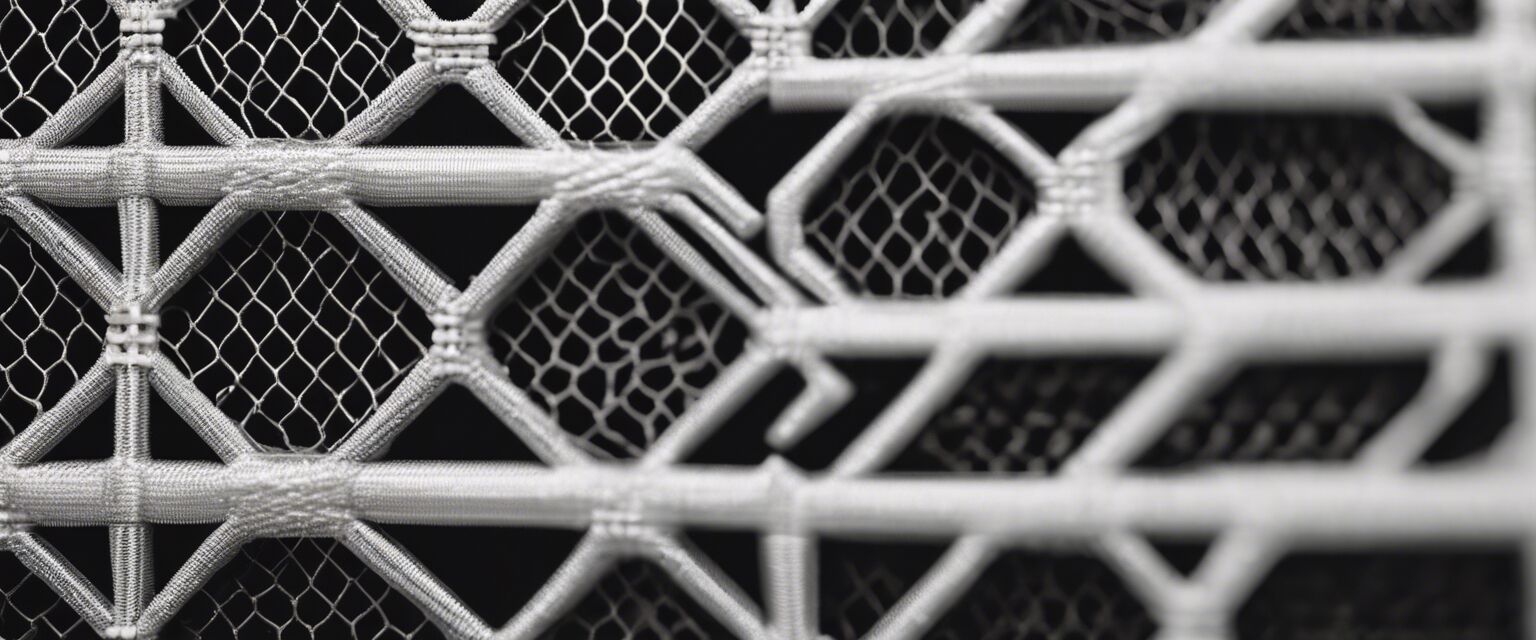
This article was generated using AI and is based on real customer reviews from the Amazon platform. It contains affiliate links, meaning we may earn a commission—at no extra cost to you. As Amazon Associates, we earn from qualifying purchases.
HEPA Filters Advantages
Key Takeaways
- HEPA filters capture 99.97% of particles that are 0.3 microns or larger.
- They significantly improve indoor air quality, making them essential for allergy sufferers.
- Regular maintenance and replacement of filters are crucial for optimal performance.
- HEPA filters are commonly found in various vacuum types, including bagged vacuums and bagless vacuums.
HEPA filters, or High-Efficiency Particulate Air filters, are recognized for their ability to trap a significant amount of small particles that can trigger allergies and other respiratory issues. Understanding the advantages of HEPA filters is vital for anyone looking to enhance their homeâs cleanliness and air quality.
What is a HEPA filter?
A HEPA filter is a type of air filter that meets strict standards set by the U.S. Department of Energy. To qualify as a HEPA filter, the filter must capture at least 99.97% of particles that are 0.3 microns in size. This includes dust, pollen, pet dander, and even some bacteria and viruses.
How HEPA filters work
HEPA filters use a combination of mechanical and electrostatic processes to trap particles. The filter's dense structure forces air through, capturing particles as air flows through the fibers.

Benefits of HEPA filters
| Benefit | Description |
|---|---|
| Improved air quality | HEPA filters significantly reduce airborne allergens, providing cleaner air for your home. |
| Allergen reduction | They effectively capture common allergens like dust mites, pollen, and mold spores. |
| Health benefits | Reduces the risk of allergy symptoms and respiratory issues. |
| Versatile use | Used in various vacuum types, including HEPA filter vacuums and robotic vacuums. |
Common applications of HEPA filters
HEPA filters are not just used in vacuums; they are also found in air purifiers, HVAC systems, and even some types of personal protective equipment. Their versatility makes them a popular choice for improving indoor air quality.
Choosing the right vacuum with HEPA filters
When selecting a vacuum cleaner with a HEPA filter, consider the following:
Tips for choosing a HEPA vacuum
- Look for certified HEPA filters.
- Check the vacuum's suction power.
- Consider the type of flooring in your home.
- Assess the vacuum's weight and maneuverability.
- Read reviews to find reliable models.

Maintenance of HEPA filters
To ensure HEPA filters function effectively, regular maintenance is important:
- Change the filter as recommended by the manufacturer.
- Clean the vacuum to prevent dust buildup.
- Store the vacuum in a dry place to prevent mold growth.
Conclusion
In summary, HEPA filters play a critical role in maintaining a clean and healthy home, especially for those with allergies. Their ability to capture a wide range of particles ensures improved air quality and a more comfortable living environment.
Pros
- High efficiency in capturing allergens.
- Improves overall air quality.
- Versatile applications beyond vacuums.
- Relatively easy to maintain.
Cons
- HEPA filters can be more expensive than standard filters.
- Some vacuums may require specific HEPA filters.
- Need regular replacement to maintain effectiveness.
Further reading
For more information on vacuum options, check out our pages on stick vacuums, upright vacuums, and robotic vacuums.
